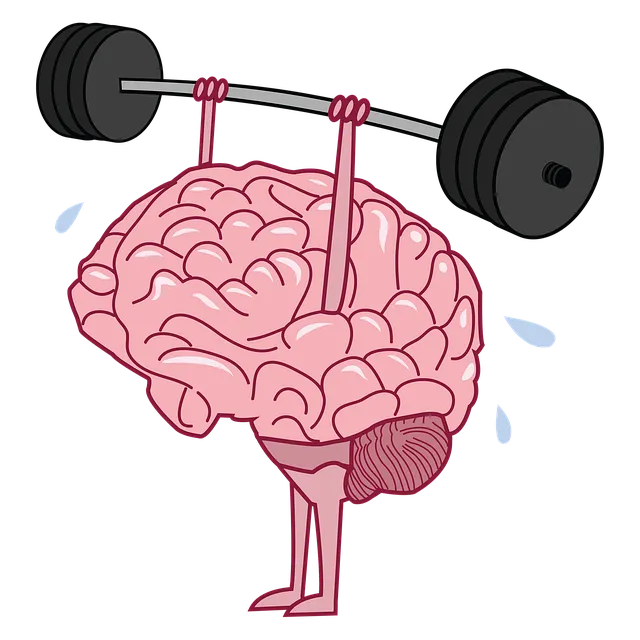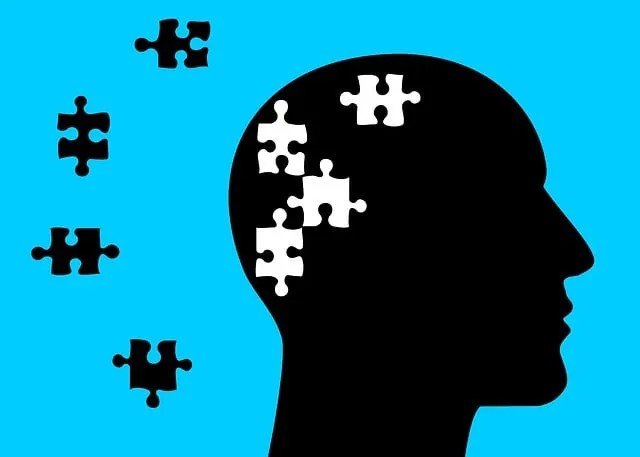Kaiser Permanente's training programs in Denver focus on emotion regulation as a vital tool for managing life's challenges, emphasizing mental health education and resilience. Through comprehensive curriculum, community outreach, and practical exercises, these programs teach participants to identify emotions, understand triggers, and adopt healthy coping strategies. The holistic approach aims to improve emotional well-being, reduce anxiety, and enhance stress management in diverse populations, extending beyond the classroom to empower individuals with lasting skills for emotional navigation.
“Discover how Kaiser Permanente’s innovative training programs in Denver are revolutionizing emotion regulation techniques. This article delves into the foundational knowledge behind these programs, exploring their practical applications and real-world impact. From understanding emotional responses to mastering effective coping strategies, participants gain powerful tools. We examine the success stories emerging from these programs, offering insights on how learned skills can be seamlessly integrated into daily lives, promoting better mental health and well-being.”
- Understanding Emotion Regulation: The Foundation of Kaiser Permanente Training Programs in Denver
- Practical Techniques: How Denver's Training Programs Equip Individuals with Effective Tools
- Impact and Implementation: Measuring Success and Integrating Learning into Daily Life
Understanding Emotion Regulation: The Foundation of Kaiser Permanente Training Programs in Denver

Emotion regulation is a vital skill to master, especially in today’s fast-paced world, and Kaiser Permanente training programs in Denver have recognized this need. The foundation of their comprehensive training lies in understanding that emotions are a natural part of human experience but learning to manage them effectively is crucial for overall well-being. These programs aim to empower individuals with the tools needed to navigate life’s challenges and stresses.
The Mental Health Education Programs Design focuses on teaching participants how to recognize and label emotions, understand their triggers, and develop healthy coping strategies. By fostering emotional intelligence, these Kaiser Permanente training programs in Denver seek to enhance resilience and improve mental health outcomes. Additionally, the Community Outreach Program Implementation plays a significant role, ensuring that emotion regulation techniques reach diverse populations, including those who may face barriers to accessing traditional mental health services, thereby promoting better anxiety relief and overall community well-being.
Practical Techniques: How Denver's Training Programs Equip Individuals with Effective Tools

Denver’s training programs, backed by institutions like Kaiser Permanente, offer individuals practical tools for emotion regulation. These programs delve into various techniques, including Crisis Intervention Guidance, to help people navigate intense emotions effectively. By combining theoretical knowledge with hands-on exercises, participants gain a comprehensive understanding of emotional well-being.
The curriculum encompasses Conflict Resolution Techniques, teaching participants how to de-escalate tensions and foster healthy communication. Moreover, it emphasizes Mind Over Matter Principles, empowering individuals to reframe thoughts and cultivate positive mental states. Through engaging workshops and interactive sessions, Denver’s training equips people with the skills needed to manage stress, resolve conflicts peacefully, and maintain emotional balance in their daily lives.
Impact and Implementation: Measuring Success and Integrating Learning into Daily Life

The impact of emotion regulation techniques teaching extends far beyond the classroom or training session. Effective programs, such as those offered through Kaiser Permanente training programs Denver, empower individuals to navigate their emotional landscapes with greater resilience and self-awareness. By mastering these skills, participants can experience improved mental well-being, enhanced coping mechanisms, and better stress management in their daily lives.
Measuring the success of such initiatives is crucial. Incorporating pre- and post-assessments, as well as ongoing feedback mechanisms, allows trainers to gauge individual progress and identify areas for further development. Moreover, integrating learning into real-world scenarios through role-playing exercises and case studies ensures that participants can apply their newfound knowledge in practical settings, including at work or during personal crises. This holistic approach aligns with the broader goals of Mental Health Policy Analysis and Advocacy, emphasizing the importance of equipping individuals with tools to navigate emotional challenges effectively. Crisis Intervention Guidance and Emotional Healing Processes are naturally incorporated into these programs, fostering a supportive environment where participants feel safe to explore and express their emotions while learning valuable coping strategies.
The Kaiser Permanente training programs in Denver have established a robust framework for emotion regulation through understanding, practical application, and measurable impact. By equipping individuals with effective tools, these programs empower people to navigate their emotions healthily and integrate this learning into their daily lives. The success of the Kaiser Permanente training programs Denver underscores the potential of teaching emotion regulation techniques to foster well-being and resilience in individuals.






